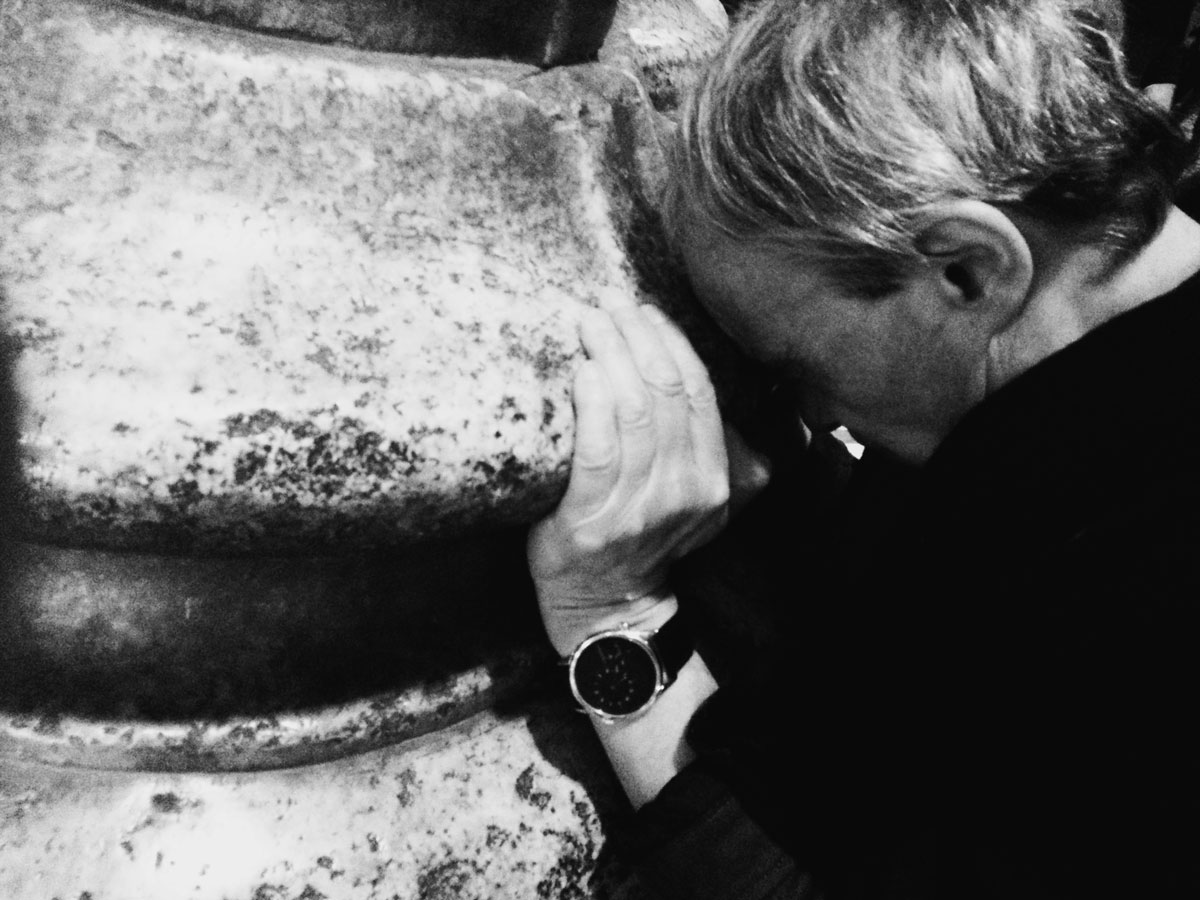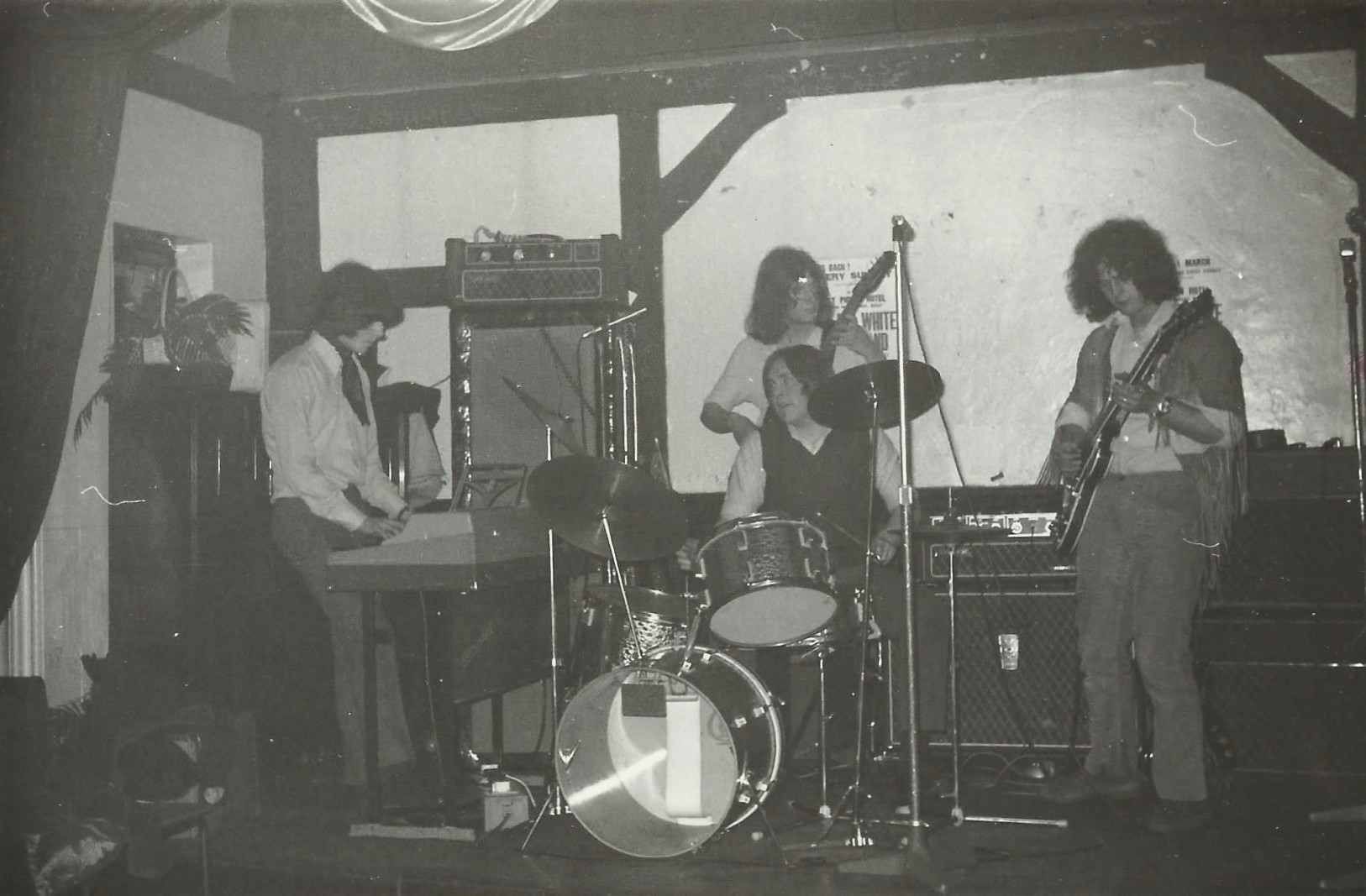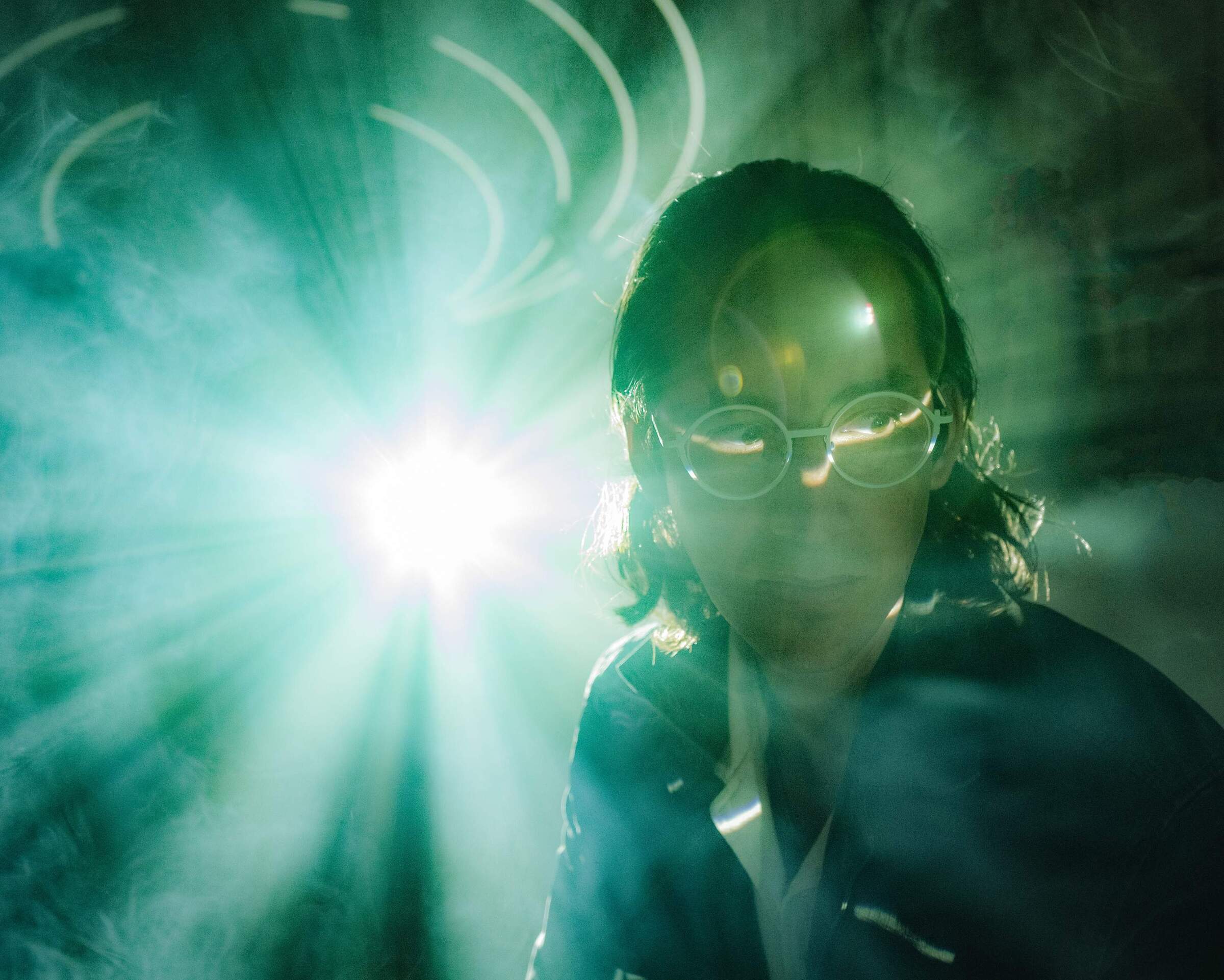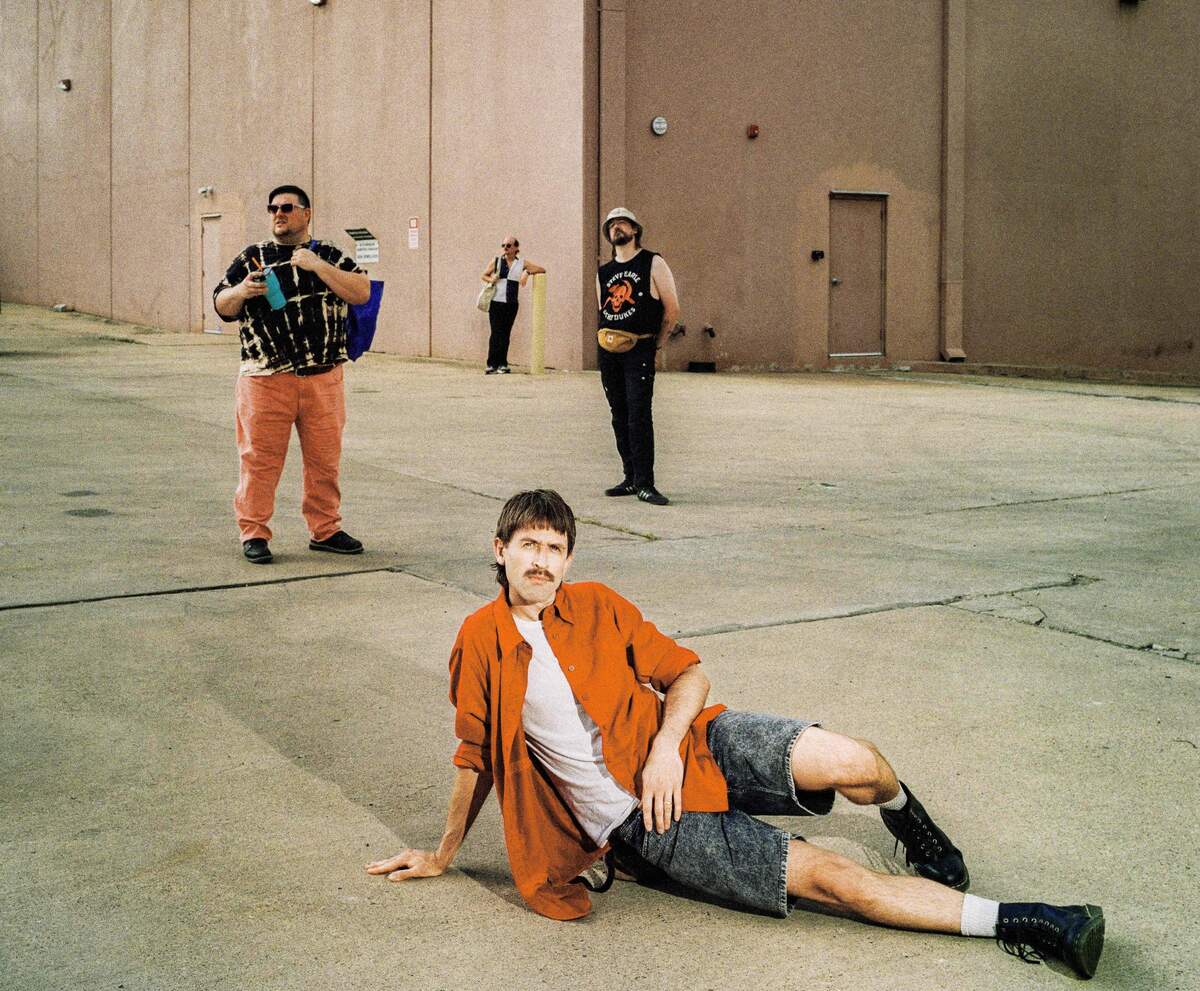Jacques Berrocal | Interview
Jacques “Jac” Berrocal is a French underground figure, best known as trumpeter, singer and composer.
He has been active since the 1970s in the independent and avant-garde music scene. Influenced by various styles and musicians, some of the most important in his life are Ornette Coleman and Don Cherry. Berrocal also took influence from his trips to the Middle East. He also founded and performed in the group Catalogue, and has collaborated with Ron Anderson among many others.
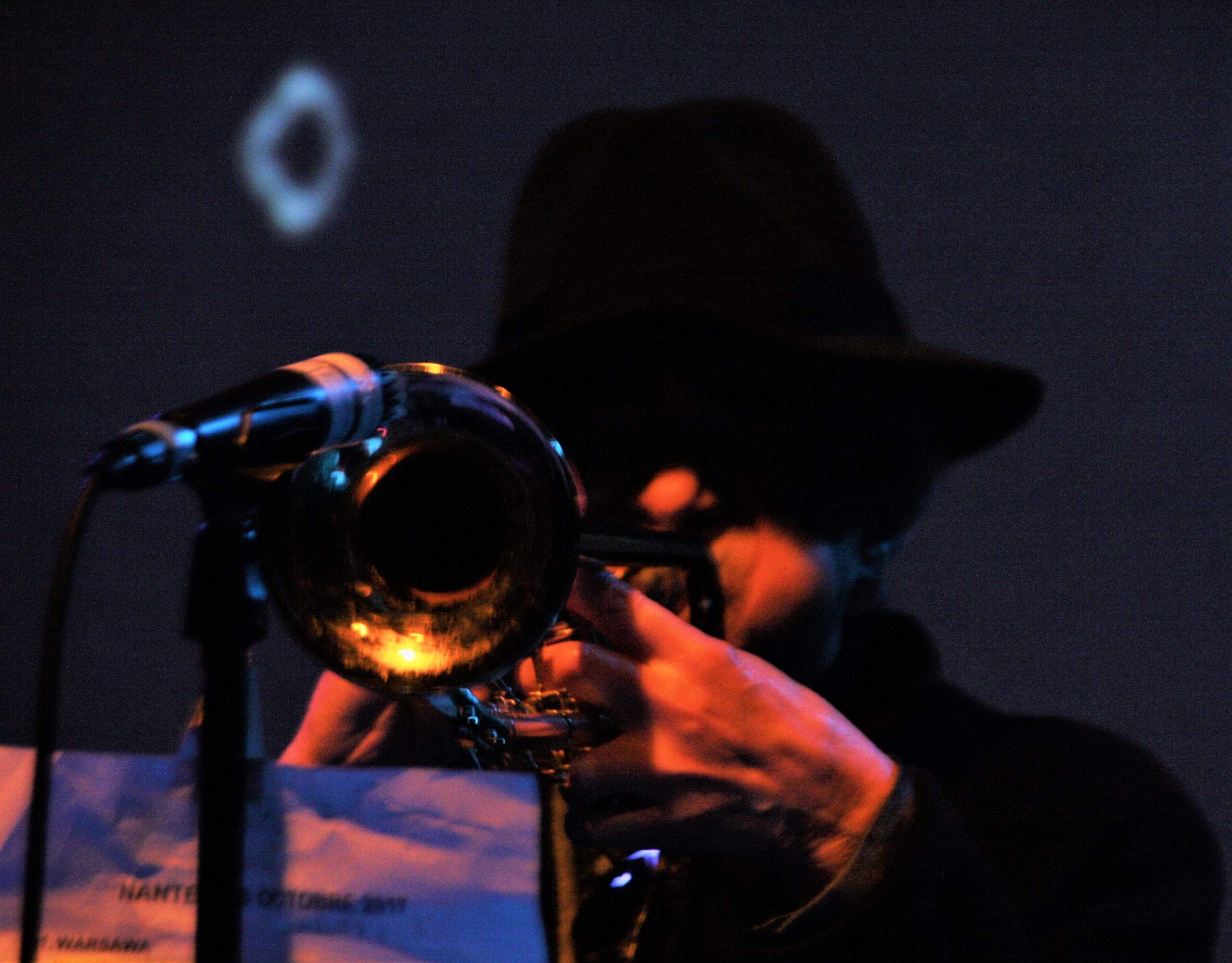
Would you like to tell me a bit about your background? Where did you grow up and how did you first get interested in music?
Jac Berrocal: My mother mostly listened to classical music, while my father listened to jazz. At the age of ten I sang in an ensemble specializing in 16th century music, Giovanni Pierluigi da Palestrina et cetera… and then there was rock ‘n’ roll. At 15, I started singing in a rock band.
What were some of the early influences for you? What kind of records would we find in your room when you were a young teenager?
In my teenage room I often listened to Louis Armstrong, Ray Charles, the Modern Jazz Quartet, Vince Taylor, even Charles Aznavour, then Rahsaan Roland Kirk, Sun Ra, Ornette Coleman…
What in particular did you find fascinating when it comes to trumpet?
My maternal Grandfather Jean, killed on December 21, 1914 during the Great War, played the trumpet in a harmonie. I was intrigued by his instrument.
What are some of the most important players that influenced your own style and what in particular did they employ in their playing that you liked?
Miles Davis, Don Cherry, Bernard Vitet, Jon Hassell, Lee Morgan, Roy Eldridge…and many more.
Your first recording dates back to 1964, ‘Be-Bop-a-Lula’ 45rpm. What can you say about this early recording?
This 45rpm record, issued in two copies, is a kind of tribute to Gene Vincent that we liked very much.
What occupied your life in the late 60s?
At the end of the 60s, what occupied my life was girls, always the girls!
What led to recording of your debut album, ‘Musiq Musik’ in collaboration with Dominique Coster and Roger Ferlet?
I was influenced by travelling. I travelled together with Roger Ferlet in the early 70s and when we came back from trips to Syria, Iraq, India, Nepal, Pakistan, Afghanistan, we brought back native instruments. ‘Musiq Musik’ is a postcard record of these trips.
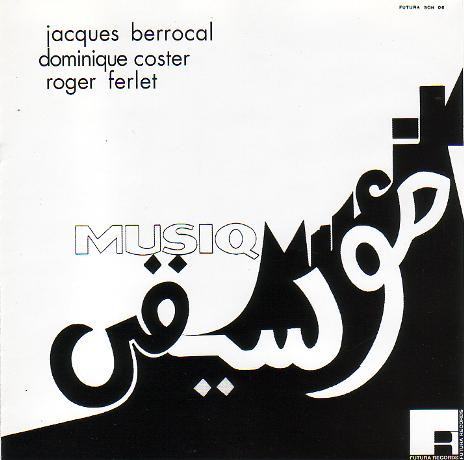
What about ‘Parallèles,’ what’s some of the main differences between this and your first album?
In ‘Parallèles’ there are many musicians, conventional instruments, mixed with sheet metal, bicycles, even a pigsty, and then there’s the legendary Vince Taylor, he was among the inspirations for David Bowie’s Ziggy Stardust character.
The release of ‘Catalogue’ followed. What are some of the strongest memories from working on it?
‘Catalogue’ is a record that mixes punk rock, brass band and accordions.
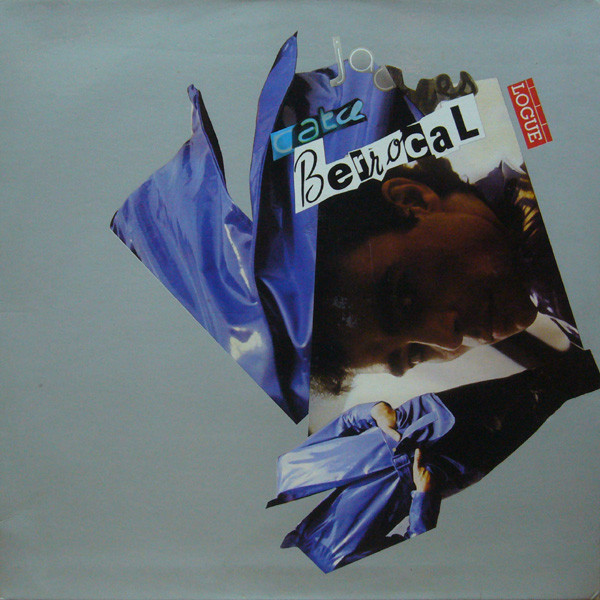
What led to the formation of the group Catalogue, with Gilbert Artman, Jean-François Pauvros, Jean-Pierre Arnoux, Michel Potage, Patrick Pradowith? And tell us about the ‘Antwerpen Live 11 Aug. 1979 1.30 H België’ recordings.
Catalogue was actually formed on the occasion of the Antwerpen festival in 1979.
What about ‘Pénétration’?
‘Pénétration’ was recorded live in Switzerland in 1982 during two evenings in a Brasserie, it is a “free punk” music…
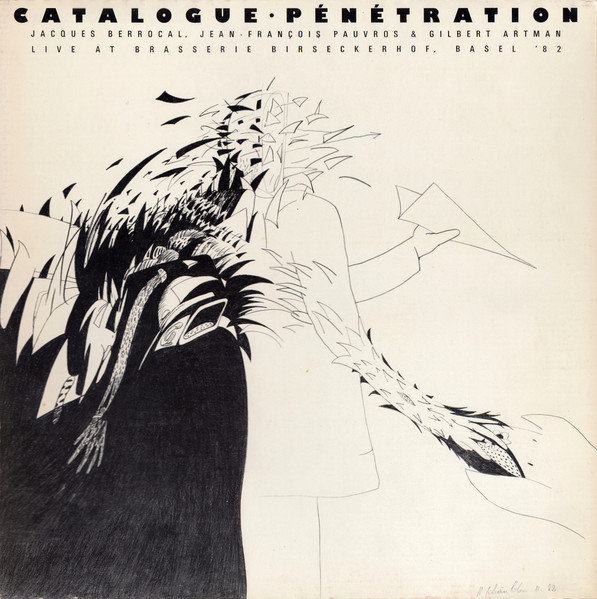
A few years later ‘Insomnie’ followed.
‘Insomnie’ has the same lineup, same music, but recorded in a studio in Paris.
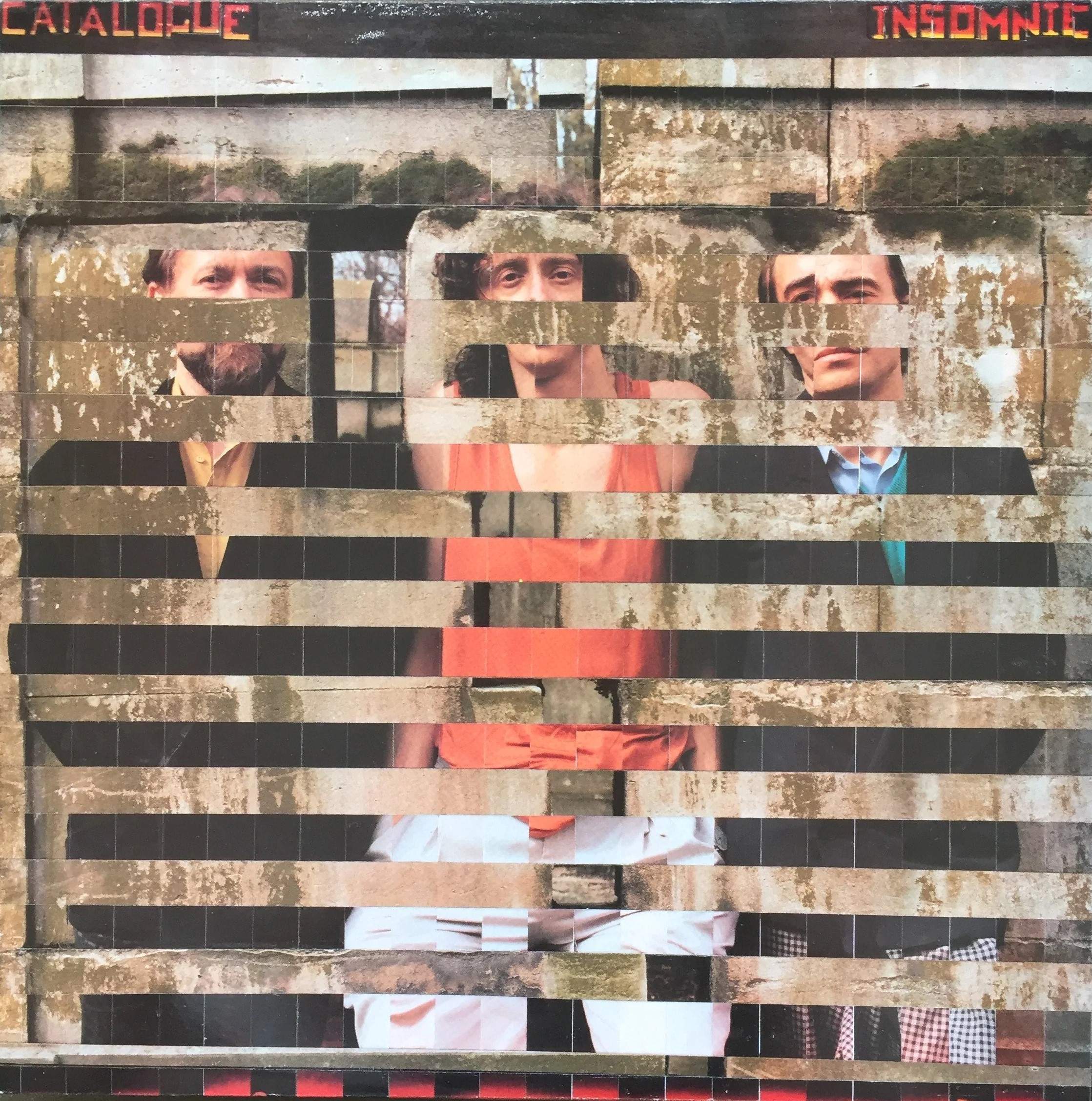
Your solo album, ‘Hotel Hotel,’ is a bit more inspired by “Rock in Opposition”, what was the concept behind it?
‘Hotel Hotel’ was to revisit the Middle Ages, free jazz (tribute to Ornette Coleman and Albert Ayler), films with the intervention of Arab, Austrian, Japanese, English female voices.
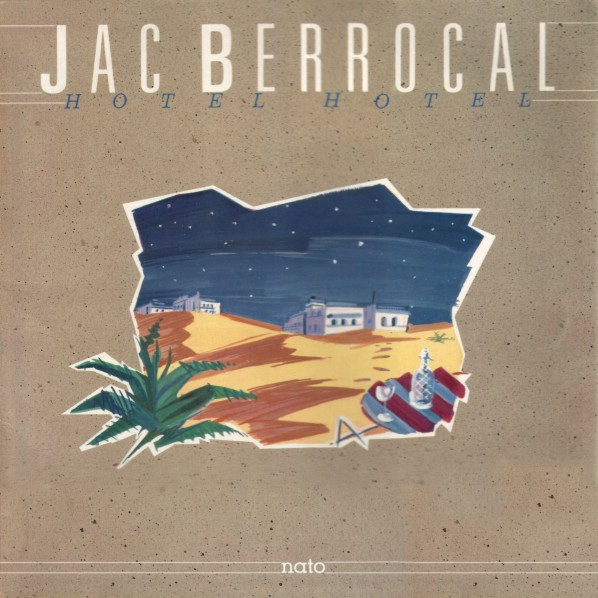
What about ‘La nuit est au courant’?
‘La nuit est au courant’ is a truly Free Jazz record with the double basses of Francis Marmande and Hubertus Bierman and of course the great drummer Jacques Thollot, lots of improvisation and an oratorio of the martyr town of Lidice in 1942.
In the last couple of years you have been very active and managed a few very interesting collaborations, let’s talk first about your latest release, ‘Transcodex,’ which is a collaboration with David Fenech and Vincent Epplay.
‘Transcodex’ is a new adventure with David Fenech and Vincent Epplay and great guests’ Jean-Hervé Peron and the magic bass of Jah Wobble.
How was it to work with Riverdog on ‘Fallen Chrome’?
I worked with Riverdog, Léo Remke and Jack Dzik and they brought me new ideas. ‘Fallen Chrome’ is full of freshness, youth, generosity, and their poetry, truly an extraordinary moment!
With David Fenech and Vincent Epplay you also worked on the release of ‘Exterior Lux’.
‘Exterior Lux’ is the same adventure as on our first joint album ‘Antigravity’ with a thought for ‘Les Cramps’.
There’s so much more we could discuss, what are some of the highlights in your opinion?
The meeting with the poet Jacques Doyen, James Chance, David Fenech, Gilbert Artman, Sunny Murray, the painter Michel Potage, Vincent Epplay, Ron Anderson, Jason Willett, Steve Stapleton, Marie Möör, and of course Vince Taylor…
How would you define free improvisation?
How to define free improvisation: Very good question, I don’t know!
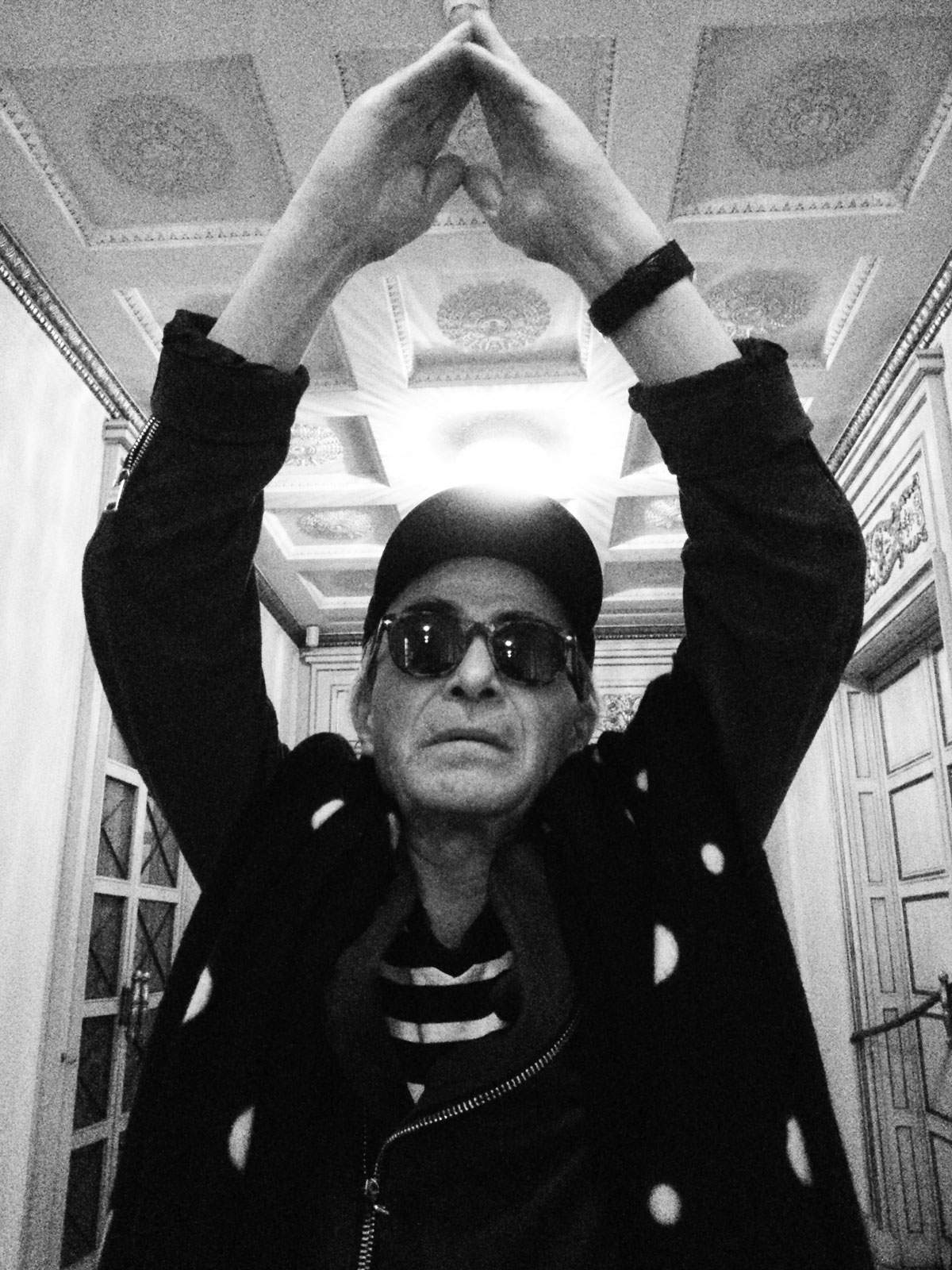
What else currently occupies your life?
Sharing Champagne with girls, always girls, still girls.
Klemen Breznikar
Headline photo: David Fenech
Jacques Berrocal Facebook

